We live in a “do-it-yourself” culture. You likely know what we mean—you can find a video online to fix just about any appliance or piece of equipment in your home when it’s malfunctioning or even when it’s broken down completely. This includes your air conditioner, but we don’t believe it should!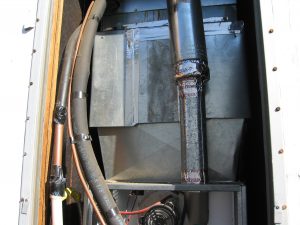
There are components within your air conditioner that are very important, and damaging them while trying to do repairs can do more harm than good—like your compressor or evaporator coil. There are other components that are hazardous in the wrong hands and legally require the assistance of a professional—like refrigerant.
Keep reading to learn more about why you always want to hire a pro when you need an HVAC technician in Camden County, NJ.

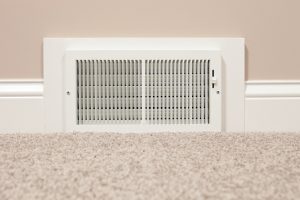 Summer is progressing right along, and we’re sure your air conditioner is chugging right along with it. With how much we use our home cooling systems, it’s only natural that you may wonder how to cool your home most efficiently, to save energy and subsequent money.
Summer is progressing right along, and we’re sure your air conditioner is chugging right along with it. With how much we use our home cooling systems, it’s only natural that you may wonder how to cool your home most efficiently, to save energy and subsequent money.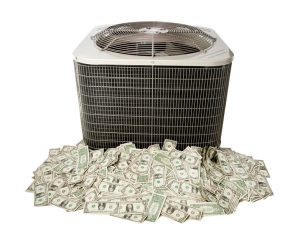 Summer is officially here! We understand, you don’t want to think about that quite yet. After all, it means your energy bills are going to spike again like they did during the winter. But what if we told you that you might be spending more than necessary to keep your house cool each summer?
Summer is officially here! We understand, you don’t want to think about that quite yet. After all, it means your energy bills are going to spike again like they did during the winter. But what if we told you that you might be spending more than necessary to keep your house cool each summer?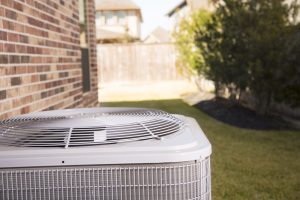 We may have a bit of a reputation for chilly and often quite snowy winters, but that doesn’t mean that our summers don’t pack quite the punch. With soaring temperatures and excess moisture in the air, it’s easy to feel uncomfortable in your home—at least, without the right indoor air quality products and air conditioning system in place, that is.
We may have a bit of a reputation for chilly and often quite snowy winters, but that doesn’t mean that our summers don’t pack quite the punch. With soaring temperatures and excess moisture in the air, it’s easy to feel uncomfortable in your home—at least, without the right indoor air quality products and air conditioning system in place, that is.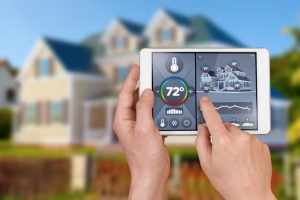 We could talk about all the advancements made to HVAC systems and the benefits of installing a new system, your HVAC system options such as ductless mini-splits, and how to boost the efficiency of your air conditioner by using ceiling fans. These are, after all, methods of improving your air conditioner efficiency.
We could talk about all the advancements made to HVAC systems and the benefits of installing a new system, your HVAC system options such as ductless mini-splits, and how to boost the efficiency of your air conditioner by using ceiling fans. These are, after all, methods of improving your air conditioner efficiency. There are, unfortunately, a number of calamities that can impact an air conditioner at any time. Of course, you can prevent most of these with regular professional maintenance—in fact, professional maintenance prevents approximately 85% of the repair needs your air conditioner may need throughout its lifespan!
There are, unfortunately, a number of calamities that can impact an air conditioner at any time. Of course, you can prevent most of these with regular professional maintenance—in fact, professional maintenance prevents approximately 85% of the repair needs your air conditioner may need throughout its lifespan!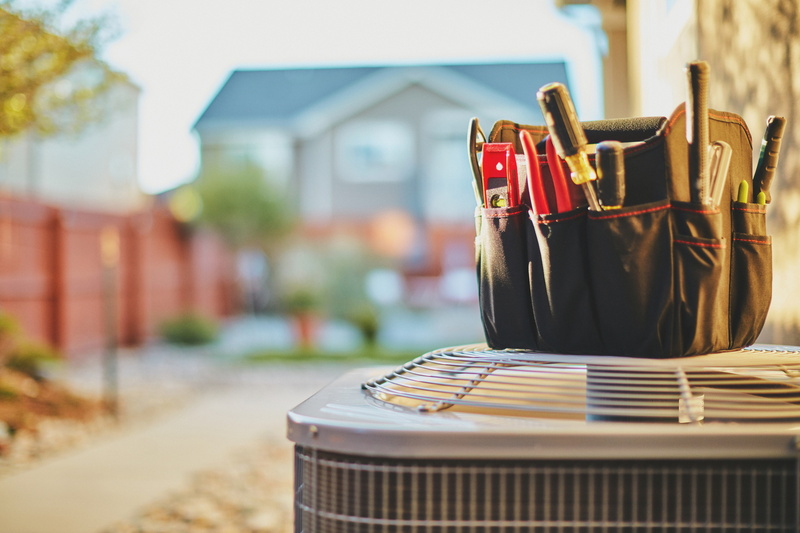 With May just about halfway over and temperatures already warming up, you might have come to the realization that it was time to schedule maintenance for your air conditioner. But is it too late? Should you just skip it now that you’re going to need your air conditioner on a daily basis soon? Well, no!
With May just about halfway over and temperatures already warming up, you might have come to the realization that it was time to schedule maintenance for your air conditioner. But is it too late? Should you just skip it now that you’re going to need your air conditioner on a daily basis soon? Well, no!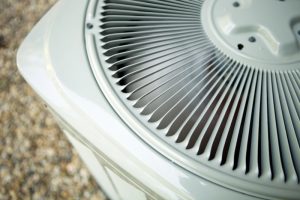 The short answer to this is, “yes.” Yes, you can add an air conditioner to a forced-air heating system. It is, however, a complex process and we never recommend it be attempted by a homeowner. Of course, we’ll say this about any air conditioning or heating installation. There are many factors that go into matching the right system to the right home—take sizing for instance.
The short answer to this is, “yes.” Yes, you can add an air conditioner to a forced-air heating system. It is, however, a complex process and we never recommend it be attempted by a homeowner. Of course, we’ll say this about any air conditioning or heating installation. There are many factors that go into matching the right system to the right home—take sizing for instance. If there is one thing we’re quite familiar with living near the Jersey Shore, it’s saltwater and salty air. As a result, we need to take special care of our HVAC equipment to ensure it’s not in danger of damage. Ocean air can actually lead to a good deal of corrosion, and impact the functionality of your air conditioner. Keep reading to learn more about how salty air impacts your AC so you can take steps to mitigate system problems. If you need AC repair in
If there is one thing we’re quite familiar with living near the Jersey Shore, it’s saltwater and salty air. As a result, we need to take special care of our HVAC equipment to ensure it’s not in danger of damage. Ocean air can actually lead to a good deal of corrosion, and impact the functionality of your air conditioner. Keep reading to learn more about how salty air impacts your AC so you can take steps to mitigate system problems. If you need AC repair in